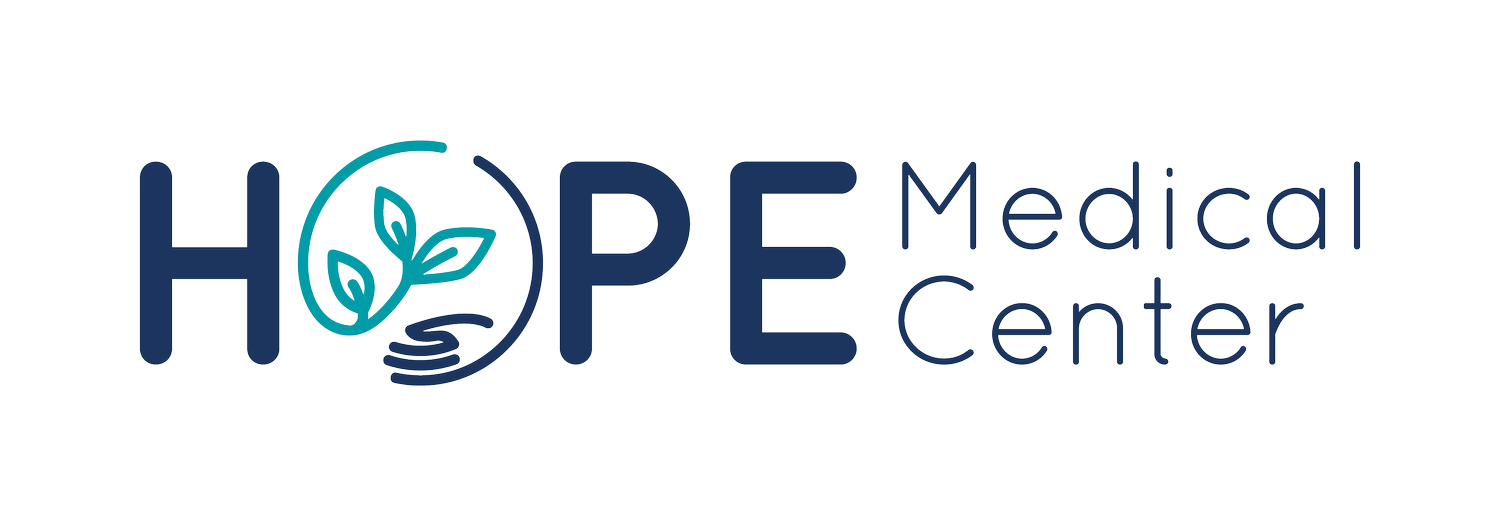HMC in the News.
"Hope Medical Clinic making a difference for those without insurance." (WEAR Channel 3, 3/16/16). Funding for free clinics was vetoed last year, here's to hoping this year is different. Click the link below to hear the story.
http://weartv.com/news/local/hope-medical-clinic-making-a-difference-for-those-without-insurance.
'This is how we support one another,' Hope Medical Clinic cares for the uninsured (Destin Log, 3/28/15).
By JENNIE MCKEON.
More than 4 million Americans are insured by signing up for private insurance under the Affordable Care Act — or Obamacare. Yet, free clinics such as Hope Medical Clinic in Destin are still overbooked.
"We haven't seen a huge drop in patients since the Affordable Care Act," said Clinic Director Tim Roberts. "The program's not perfect, but it's a step nonetheless. There's still a huge need."
The fact is, Roberts said, that with or without the Affordable Care Act, there are still those without insurance options. When the Supreme Court allowed states to opt out of Medicaid expansion, it left anyone making less than 133 percent of the federal poverty level, or about $15,300 a year for a single person, out of gaining affordable healthcare. Twenty-four states decided not to expand Medicaid, including Florida .
So how do these people, often referred to as "the working poor" see a doctor? They could go to the ER and rack up thousands of dollars in debt, hiking up the general cost of healthcare, or they can wait to get into a free clinic.
Destin's Hope Medical Clinic serves the working uninsured of Okaloosa and Walton County . With just three staff members and dozens of volunteers, the clinic has been serving a strong need in the area for six years.
"We currently have 1,300 patients and take in about 20 to 25 every month," Roberts said. "We typically see middle-aged individuals from the tourist and service industry — dock workers and cleaners. These aren't year-round gigs. It's tough to feed a family and get insured."
"We see folks who have worked physical jobs and they're bodies are worn out," added Adam White, nurse and case manager at Hope Medical.
White perfectly describes Andrew Welch, a patient who was referred to Hope Medical after an emergency visit to Sacred Heart.
Up until six months ago, Welch, 33, was a chef in Fort Walton Beach with more than a decade of experience. At his ER visit, the doctors told him his heart was only functioning at 25 percent and that there was no more working in his future.
"It was hard to hear, because I'm the main bread winner in the family," Welch said. "But my job had pushed me to the ground."
With the rest of his family insured — his wife has health coverage through her parent's plan and his son is on Medicaid — Welch's healthcare does not burden the family's financials. Hope Medical not only provides free healthcare, but has helped Welch get his diabetes under control and provided him with free insulin.
Eleven percent of Florida 's population is uninsured, 19 percent in Okaloosa County and 25 percent in Walton County . And for low-wage employees without healthcare benefits, the Affordable Care Act may not be the answer.
"We have one patient, a mid-30s female who works in the service industry — about $15,000 annual income," explained Roberts. "She went to the healthcare.gov website and the cheapest plan was $240 a month. That doesn't include copays. Healthcare may be more affordable, but not enough for that individual."
With the wide gap between those who are eligible for insurance in the healthcare marketplace and those who should be eligible for Medicaid (pregnant women and children are still covered without the expansion), free clinics like Hope Medical are often overbooked and the staff is overworked.
"We're already not seeing the people that need to be seen, yet we're working overtime," Roberts said.
Hope Medical is one of two free clinics in Okaloosa County (the other being Crossroads Center Medical Clinic in Valparaiso ). These don't include the Health Department and sliding scale clinics, which bill you according to your income. With proper proof of residence, employment and household income (cannot exceed 200 percent above Federal poverty guidelines), Hope Medical offers primary care with the goal of providing long-term health to patients.
Right now, the wait to get in is about a month. First visits require a health screening — patients are checked for hypertension, diabetes, obesity, depression, cholesterol and COPD. And even
though it would put free clinics out of "business," Roberts hopes to add a staff member to help patients sign up for health insurance in the future.
From the space donated by Destin Church of Christ, where the clinic is located, to the time volunteered by nurses and doctors to monetary support from local churches and individuals, Hope Medical depends on support from the community. And for those without insurance, the free clinic is their only hope.
"The people we serve live and work in our community," said Roberts. "This is how we support one another."
For the patients, that support goes a long way.
"These people genuinely care about your well being," Welch said. "Knowing that the Hope Medical Clinic is here makes me feel better. My wife doesn't have to worry about me. We can grow old together — that means everything."

